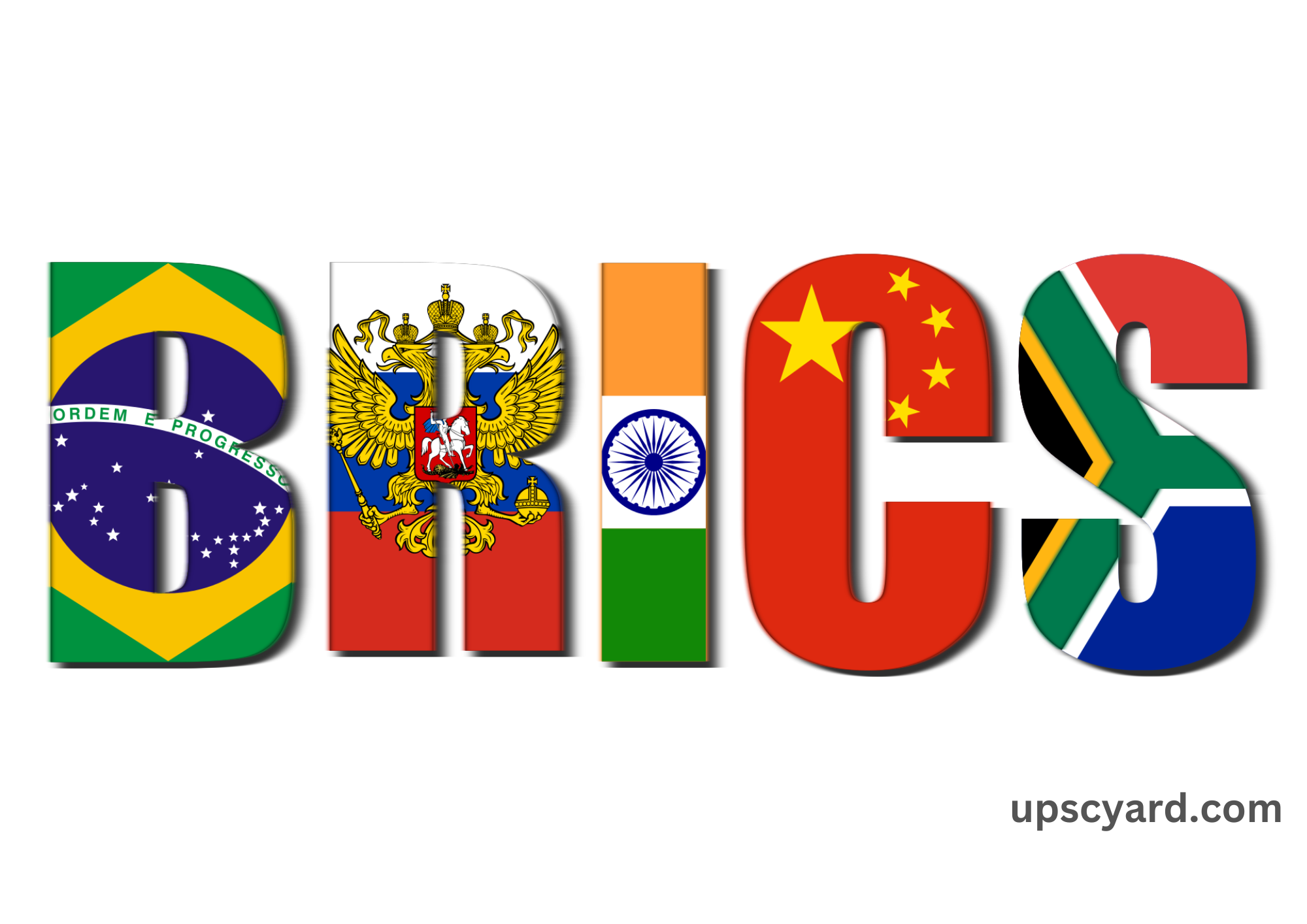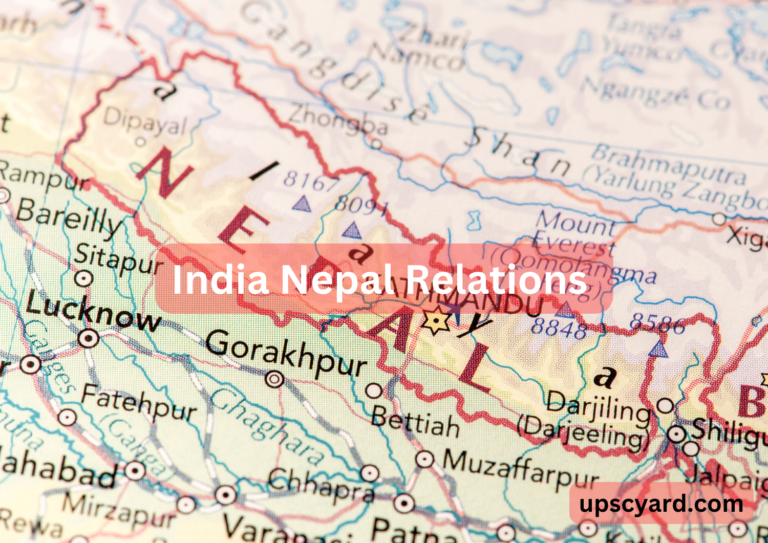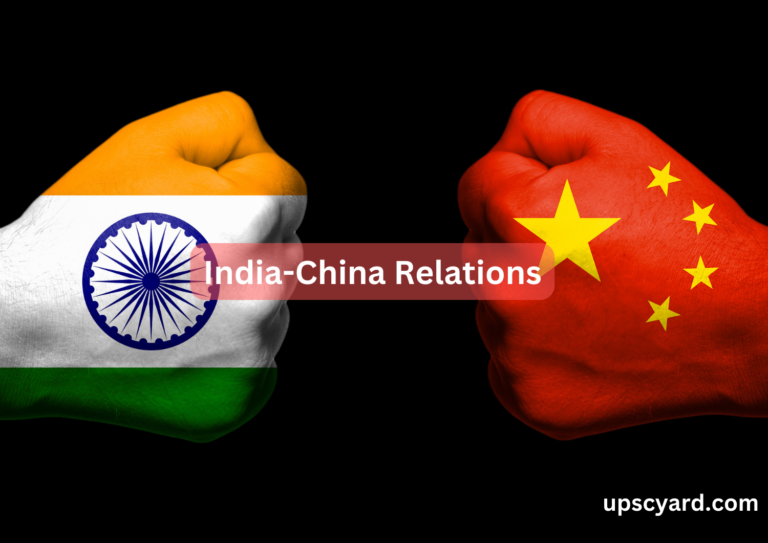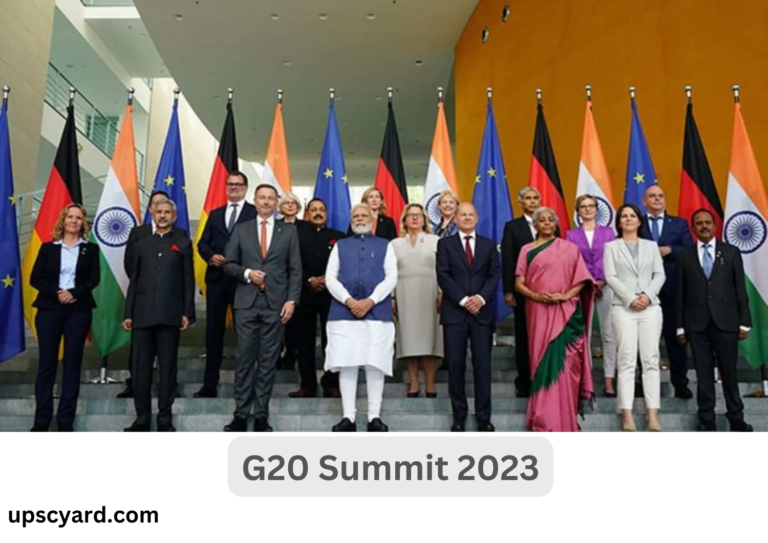BRICS, initially known as BRIC, was conceptualized in 2001 by British Economist Jim O’Neill to signify the emerging economies of Brazil, Russia, India, and China, which shared similar characteristics and were poised to shape the global economy in the future.
The idea remained a theoretical assessment until 2009 when these four nations convened for the first time in Yekaterinburg, Russia. In 2010, BRIC evolved into a formal organization with the inclusion of South Africa in December 2010, becoming BRICS.
BRICS serves as a platform for dialogue and cooperation on various regional and global issues. Areas of collaboration and dialogue encompass finance, central banking, trade, business forums, financial discussions, academic and think tank councils, health, science and technology, security matters including counter-terrorism efforts, agriculture, youth affairs, sports, disaster management, statistics, and more.
Key initiatives and achievements within BRICS include:
- BRICS Forum: Promotes social, economic, and political ties among member nations and fosters connections with the Shanghai Cooperation Organization (SCO) and other friendly countries.
- BRICS Contingency Reserve: Established in 2014 and effective in 2015, it aids member nations and others in addressing short-term liquidity crises and balance of payment shortfalls. Member countries contributed a total of US $100 billion, with China (41), Russia (18), Brazil (18), India (18), and South Africa (5).
- New Development Bank (NDB): Headquartered in Shanghai, China, the NDB complements existing global financial institutions in supporting sustainable development projects. It represents a departure from the practices of Western-dominated institutions like the IMF and World Bank. The NDB finances initiatives such as clean energy, public transport infrastructure, irrigation, sustainable urban development, and balanced growth.
- BRICS Cable Network: Initiated in the 2012 New Delhi summit, this project aims to develop an optical fiber submarine communication network among member states.
- BRICS Payment System: Discussed during the 2015 summit in Russia, the member states considered creating an alternative payment system to reduce dependence on the globally operated SWIFT system. However, no significant progress has been made in this area.
- BRICS Cooperation in the IT Sector: In 2019, the communication ministers of BRICS signed an agreement of intent to enhance collaboration in the IT sector.
Significant Contribution to the BRICS
India has actively and significantly contributed to the BRICS forum since its inception, playing a vital role in promoting global economic growth, peace, and stability. Here are India’s key roles within BRICS:
India as a Growth Facilitator for BRICS Partners:
- India has made substantial investments, approximately $4 billion, in South Africa, and initiated the Global Executive Development Programme to enhance workforce training in the region.
- It assisted Brazil and South Africa in implementing their ‘Digitisation of Education’ initiatives by providing technological support to schools.
India’s Contribution to South Asian Trade:
- India has proposed the establishment of an inclusive BRICS portal to enhance trade among member nations. It has also advocated for the creation of an independent BRICS credit rating agency, enabling members to assess their rankings relative to each other rather than relying solely on evaluations by developed countries.
- India promotes intra-BRICS trade, encouraging member countries to import goods from one another instead of relying on European trade. This approach allows for greater flexibility in currency use, strengthening domestic currencies while reducing reliance on the US Dollar.
India as a Responsible Member:
- India actively represents the interests of BRICS members within the forum and at the United Nations, opposing proposals or actions that could harm any member’s interests.
- India declined China’s proposal to include Pakistan, Sri Lanka, and Mexico in BRICS, emphasizing the importance of focusing on the development of current members before expanding the alliance. India believes that including weaker nations might hinder BRICS’ progress, similar to the fate of the European Union.
- India fosters collaboration among BRICS nations by advocating for funds from the New Development Bank to support sports training, clean energy projects, and various cultural initiatives like trade fairs and film festivals.
India as a Peacemaker:
- India recognizes the importance of a stable BRICS forum for fostering trade relationships. Therefore, it actively participates in peacekeeping efforts, particularly in trade regions like the Mediterranean, North Africa, and the Indian Ocean.
- India has been a steadfast supporter of the Tibetan cause for freedom and has provided assistance and refuge to Rohingya refugees.
- Under ‘Operation Insaniyat,’ India supplied 7,000 tonnes of relief materials to Rohingya refugees in Bangladesh. Additionally, India has contributed over 100,000 troops to UN missions in Nigeria, Somalia, Sudan, Ethiopia, and Afghanistan, aiding in internal conflict resolution.
- India plays an active role in counter-terrorism efforts within the BRICS framework.
Importance of BRICS
The significance of BRICS for India encompasses several vital aspects:
Active Participation and Founding Membership: India’s active involvement as a founding member underscores its commitment to the organization. This engagement aligns with India’s national interests by promoting economic growth, creating jobs, bolstering GDP, and alleviating poverty.
Alternate Global Mechanism: BRICS offers India an alternative global mechanism to foster economic and social growth, especially during times when traditional global institutions face considerable strain. Factors such as U.S. economic policies, climate change, and geopolitical uncertainties have driven BRICS’ relevance.
Expansion into New Regions: India sees BRICS as a gateway to expand its relations with Africa and South America, regions that were previously underrepresented due to geographical distance. This outreach breaks the barriers imposed by geography.
Conflict Resolution: BRICS provides a platform for India to address disputes, particularly with its northern neighbor, China. However, recent conflicts, such as the Line of Actual Control dispute, have strained the atmosphere of peace and cooperation.
Upcoming BRICS Summit: India’s role as the host of the 2021 BRICS Summit and the simultaneous BRICS Games 2021, potentially aligned with the ‘Khelo India Games,’ highlights its leadership in the organization.
Key achievements within BRICS
Increased Share in Global Trade: BRICS has made substantial progress in financially integrating its member states. The volume of trade among BRICS nations has risen from 11 percent to 16 percent of the world’s total trade, significantly contributing to global economic growth.
Political Influence: BRICS has evolved from focusing solely on economic cooperation to actively participating in global governance. It represents the voices of developing nations advocating for multilateralism and South-South cooperation.
Alternative Financial Institutions: The establishment of the Contingency Reserve Arrangement and the New Development Bank has triggered reforms in traditional institutions like the IMF and World Bank. These new entities provide a voice for developing and underdeveloped nations, offering an alternative to the traditional “North”-dominated global financial institutions.
Greater Role in Global Affairs: BRICS member nations have become indispensable in global and regional affairs, wielding significant influence. They adhere to the principles and goals outlined in the UN Charter, emphasizing equality among nations.
Climate Change Cooperation: BRICS has ventured into climate change cooperation through the formation of BASIC (BRICS without Russia). BASIC collaborates with other groups of nations to combat climate change and engage in negotiations within the UNFCCC, reaffirming support for the Paris Agreement.
Challenges faced by BRICS include:
Domestic Socio-economic Issues: Member countries encounter common domestic and socio-economic challenges, necessitating independent efforts to address issues such as economic, social, and political inequality, corruption, healthcare, education, and human rights.
Economic Slowdown: The slowdown in the Chinese economy has repercussions on global supply chains. This impacts BRICS nations and the world at large.
U.S. Economic Recovery: While beneficial for the global economy, the U.S. economic recovery poses challenges for BRICS. Investors may divert investments from BRICS countries to the U.S. for higher returns.
Recession and Slowdown in BRICS Nations: Recession in Russia, South Africa, Brazil, and a slowdown in India’s economy present internal challenges within BRICS.
China’s Overwhelming Presence: China’s dominant presence within BRICS can create imbalances in the organization’s dynamics.
Diverse Political Structures: BRICS member nations have varying political structures, which can lead to differences in approaches and priorities. These differences may affect the cohesion of the group.




